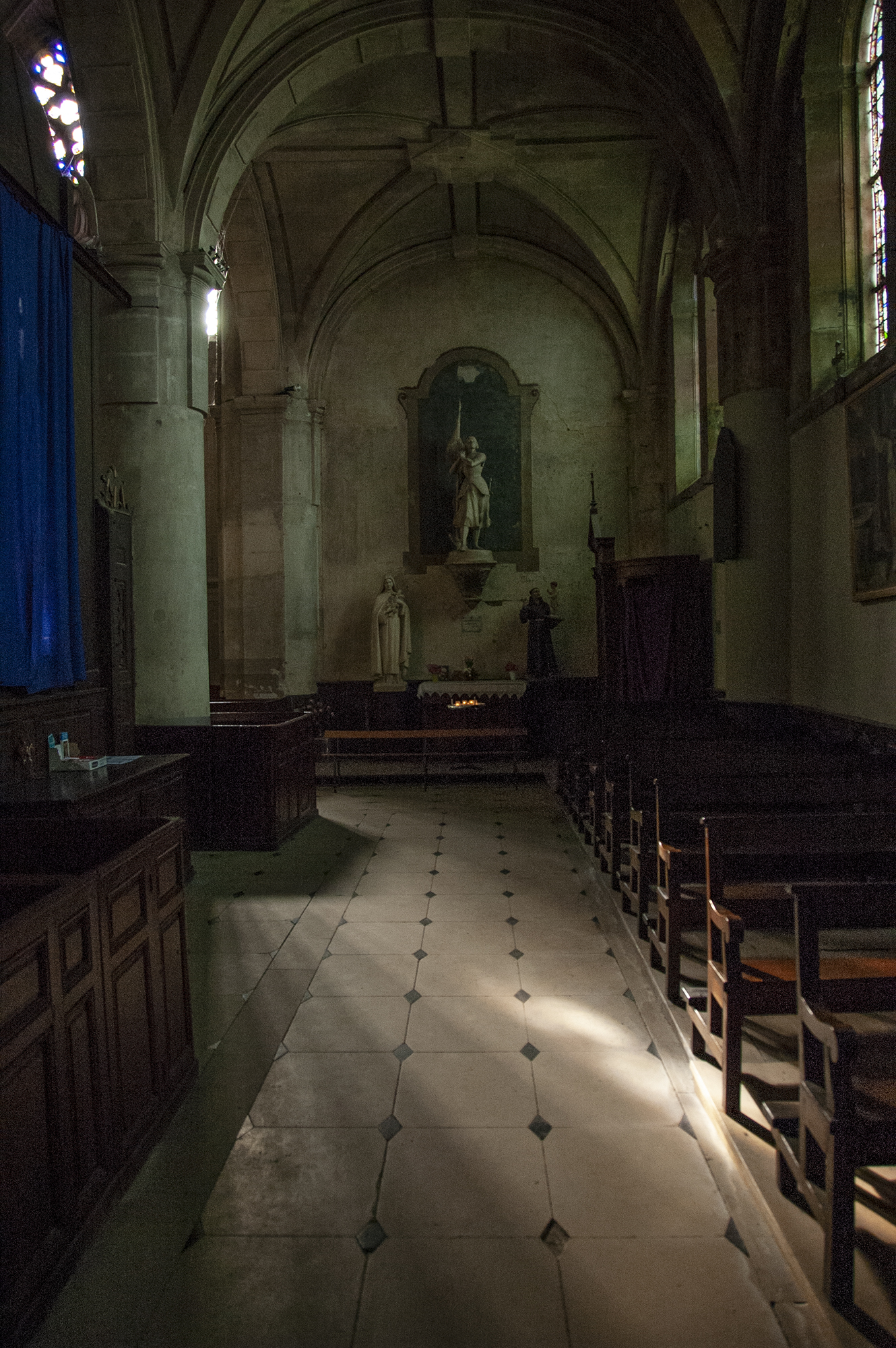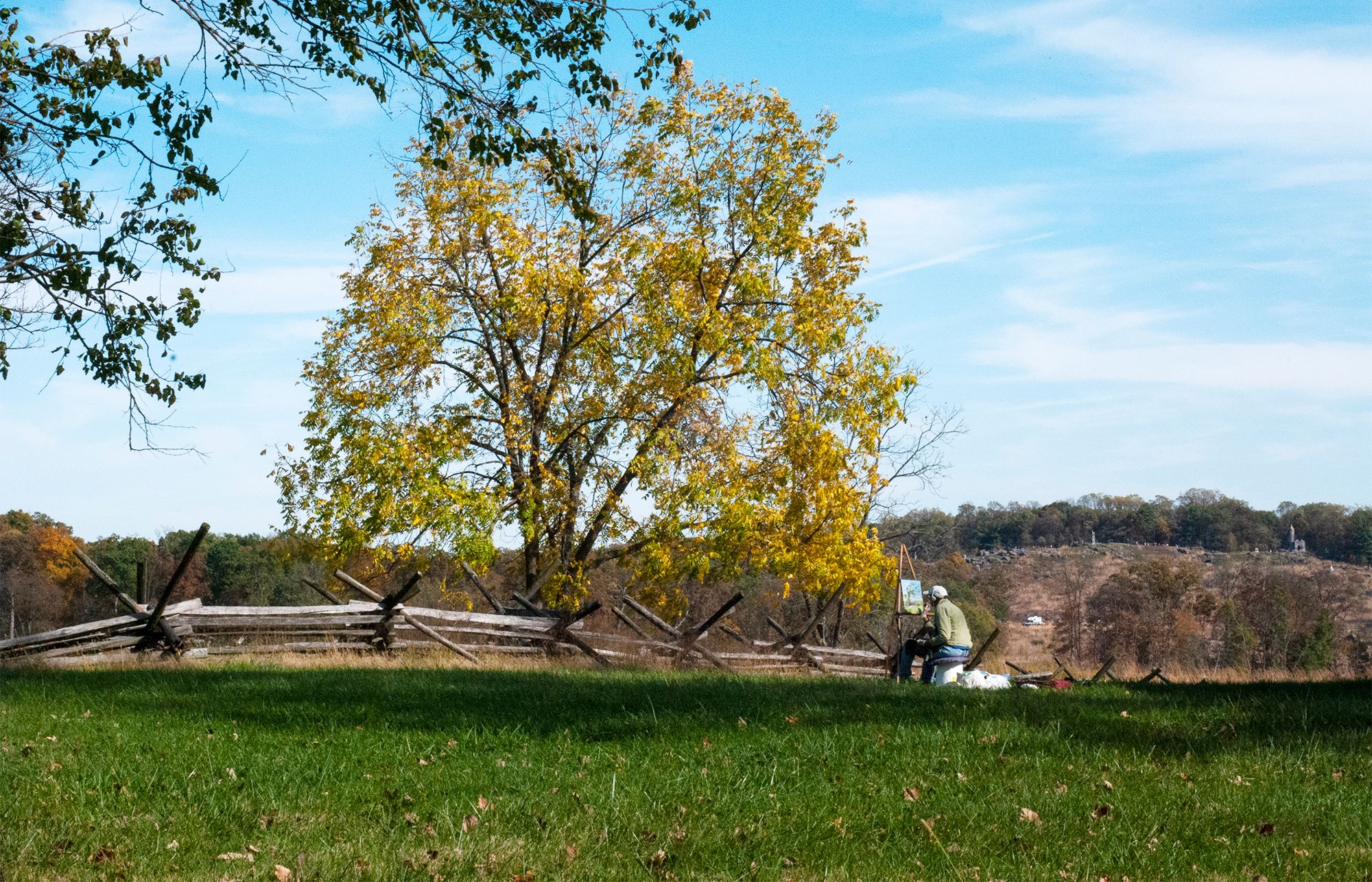Little Women, adapted and directed by Greta Gerwig, was a movie that surprised me with its beauty and poignancy. I will place the blame of underestimating the movie solely at the feet of 13-year-old Jake who believed that Little Women wasn’t quite his demographic, and completely missed the boat on the March sisters. I certainly didn’t think it would be the movie that I related to most out of all the 2019 Oscar nominees, but pleasant surprises and reveling in new stories are why I go to the movies.
The feel of the movie is bursting with warmth from crisp autumn leaves, to cozy scenes by the fireplace, and even the filth of 1860’s New York City has an air of invitation to it. With Coronavirus greedily restricting my every move like the Grinch on Christmas morning, maybe my only choice is to book a ticket to Gerwig’s Civil War-era America. Just as long as I steer clear of scarlet fever.
In Gerwig’s World, no one has it better than Laurie. At a time when first cousins were actively shipping, Laurie had the dumb luck to be neighbors with the four most eligible bachelorettes in the northeast corridor. I can’t fathom better conditions for love than the ones Laurie finds himself in, and in retrospect, 13-year-old Jake could have really used Louisa May Alcott’s dating advice.
What impressed me most about Little Women was Gerwig’s ability to put a modern spin on a 152-year-old story without changing the time period of the movie, and make it a thrill to watch. She tackles important topics such as feminism, gender expectations, love, and marriage. She takes one of the most well-known American stories and flips it on its head with elaborate dialogue and ingenious editing. Every time I found myself peaking around the corner trying to sneak a glimpse at what was coming next, she would spin me around and send the story in an unforeseen direction. Alcott’s story stands the test of time and Gerwig’s adaption adds a sharp reflection of our modern society.

I recognize Gerwig’s intentions in almost every story about women that I encounter. On a trip to Anet, France a few weeks ago, I visited the Château d'Anet which is famous for being the residence of Diane de Poitiers. The vast majority of castles around the world follow a similar pattern, the more important the Lord or Lady, the bigger the castle. Château d'Anet is no exception as it’s grounds stretch over fields, ponds, and streams, and its castle is highlighted by a stunning chapel and gate. Diane de Poitiers was fit for the grounds as the mistress to King Henry II and was so influential that she was granted the power to manage the estate that she inherited from her husband after his death. An apt precursor to Gerwig’s depiction of Amy March, Diane de Poitiers even has her own movie.
In the Anet Church, there is an altar memorializing St. Joan of Arc, a compelling figure in France who is known for her part in the siege of Orléans which helped turn the tide in the Hundred Years War. She rode into battle wearing a soldier’s outfit and carrying her own banner that rallied soldiers around her. Born in 1412, her strength and heroism predate women’s suffrage by over 400 years. Her life, along with many others that came before and after, is a direct influence on the essential stories of brave women that we consume today. Little Women is a wonderful addition to that collection. Here’s to Gerwig, Céline Sciamma, Lena Waithe and all the incredible female directors that continue to tell stories that broaden my understanding of the human experience.


